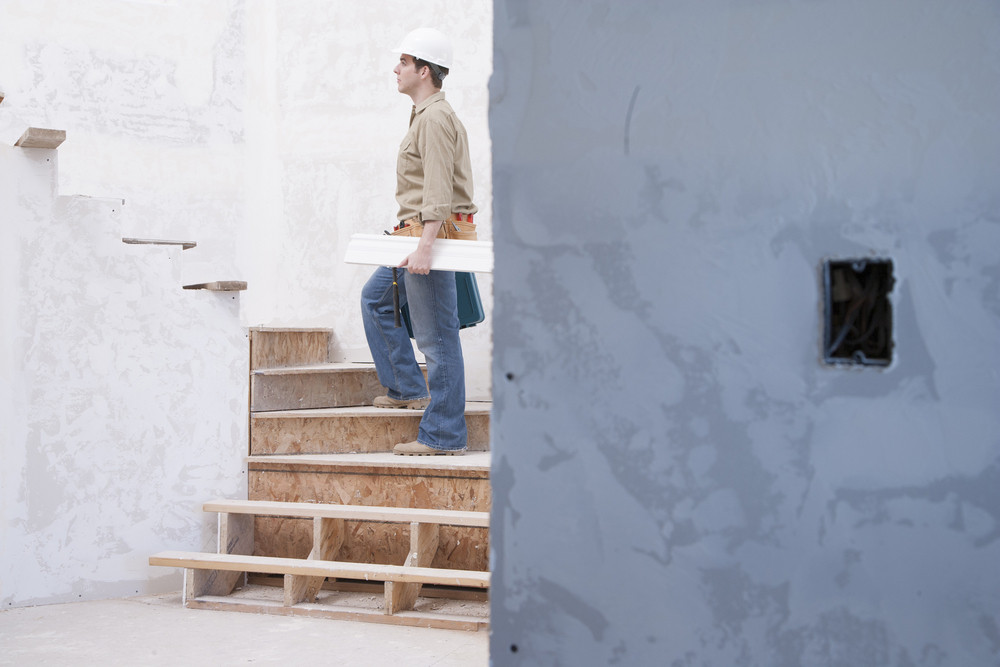
Building a custom home is one of the most significant investments you’ll ever make. From selecting the perfect lot to choosing the finishes that reflect your personal style, every decision will shape the home you live in for years to come. To ensure the process goes smoothly and you get exactly what you envisioned, it’s crucial to vet potential builders thoroughly. Asking thoughtful, targeted questions before you sign a single contract can uncover hidden costs, clarify expectations, and reveal how well a builder will communicate and deliver. By the end of this article, you’ll be armed with the top ten questions to help you choose a custom home builder who combines craftsmanship, transparency, and reliability to bring your dream home to life.
1. What Is Your Design and Customization Process?
Understanding how a builder approaches design and customization is fundamental. Some builders offer in-house architectural services and 3D walkthroughs, while others work with outside architects or provide limited template modifications. Ask whether you’ll collaborate directly with a designer, how many rounds of revisions are included, and what digital tools they use to visualize changes. Clarify how design fees are structured—are they rolled into the overall contract or billed separately? A transparent, iterative design process means fewer surprises down the road, and it ensures your builder has the experience and resources to translate your vision into construction documents.
2. What Services Do You Provide?
Custom home builders can offer a wide range of services, from land acquisition and permitting to final landscaping and post-move-in support. According to the National Association of Home Builders, custom builders typically manage everything from site development and material selection to coordinating trade contractors and arranging inspections. Many also provide energy-efficiency consulting, warranty administration, and quality-control inspections. Asking this question helps you understand whether your builder will take care of all major project phases or if you’ll need to hire additional professionals for tasks such as interior design, structural engineering or landscape architecture.
3. How Do You Structure Your Pricing Model and What Is Included?
Cost transparency is critical in custom home construction. Builders may operate under fixed-price contracts, cost-plus arrangements, or guaranteed maximum price (GMP) agreements. Each model shifts risk differently: a fixed-price contract places unforeseen cost overruns on the builder, while cost-plus exposes you to variable expenses based on actual costs. According to Southern Living, clarifying whether site work, landscaping, utility connections, and appliance allowances are included can prevent budget surprises later. Always request a line-item breakdown of allowances and exclusions so you know exactly what you’re paying for—and what will cost extra if your selections exceed the standard allowance.
4. Can You Provide a Detailed Timeline and Milestones?
A clear, realistic schedule helps manage expectations and ensures accountability. Ask for a milestone-based timeline that outlines permitting, foundation, framing, mechanical rough-ins, finishing work and final inspections. Inquire how weather delays, material shortages or design changes will affect the schedule and whether there’s flexibility in the deadline. A professional builder should communicate critical path items and update you if milestones shift. Understanding when major decisions—such as cabinetry selections or paint colors—must be finalized is also vital; these deadlines often impact lead times for custom orders and prevent costly hold-ups during construction.
5. How Will You Handle Communication and Project Updates?
Regular, proactive communication can make or break your custom build experience. Find out who your primary point of contact will be—a project manager, site superintendent or office coordinator—and how often you’ll receive updates. Does the builder use an online platform like Buildertrend or CoConstruct for tracking progress, sharing photos, and approving change orders? Are site visits encouraged, and will you receive weekly reports? Clear communication protocols reduce misunderstandings, help you track progress remotely, and provide a documented record of decisions, change orders, and approvals throughout the project.
6. Who Manages the Project On-Site and Oversees Quality?
Knowing who is on the ground supervising subcontractors every day is essential for ensuring workmanship and adherence to plans. Ask to meet the superintendent or site manager who will inspect each trade’s work—plumbing, electrical, HVAC, roofing—and confirm it meets quality and code requirements. Inquire about their background: How many similar projects have they overseen? What training or certifications do they hold? Builders who invest in experienced site supervision typically deliver higher-quality results, catch issues early, and coordinate trades efficiently.
7. How Do You Select and Manage Subcontractors?
Custom home builders rely on subcontractors for specialized tasks, so vetting their network is crucial. Ask whether the builder employs its own crew or partners with independent trades, and how long these subcontractors have worked with the company. Do they perform background and reference checks? Are they insured and licensed? Builders should have a consistent pool of vetted professionals to ensure continuity, reliability, and quality. If turnover is high among subs, it may indicate deeper management or financial issues, which can lead to delays and inconsistent workmanship.
8. What Warranties and Quality Assurances Do You Offer?
Post-construction support is often overlooked until problems arise. Ask for details on structural warranties, workmanship guarantees, and manufacturer warranties for products like roofing, windows, and HVAC equipment. Some builders offer a one-year comprehensive warranty on labor and materials, plus extended coverage on structural components. Request documentation that clearly defines coverage periods, claim procedures, and exclusions. A reputable builder stands behind their work and provides a formal warranty package, giving you peace of mind long after move-in.
9. Can You Provide References and Past Project Examples?
Seeing completed homes and speaking directly with past clients is invaluable. Ask for a list of recent custom homes in your area with similar budgets and features. Request permission to tour a finished home and verify the builder’s craftsmanship firsthand. When speaking with references, inquire about the builder’s adherence to schedule, handling of unforeseen issues, communication style, and final invoicing. Builders confident in their quality and customer satisfaction will happily connect you with homeowners who can share honest feedback.
10. How Do You Manage Change Orders and Unexpected Costs?
Even the best-planned projects can encounter unforeseen issues—soil conditions, material backorders, or design refinements. Ask how change orders are processed: Will you receive written estimates for additional work before it begins? How quickly can they be approved, and what markup is applied to subcontractor or material costs? A clear change-order policy, with written documentation and client sign-off, minimizes disputes and ensures you stay informed about any impact on budget and schedule.
Why You Should Schedule Services With a Quality Custom Home Builder
Scheduling services with a quality custom home builder is essential to keeping your project on track and ensuring that each phase proceeds without costly interruptions. By establishing a clear service schedule—from site preparation and foundation work to final finishes and inspections—you create a shared roadmap that aligns your expectations with the builder’s workflow. Timely coordination of trades, deliveries, and permitting appointments helps prevent bottlenecks and keeps subcontractors focused on your home. Moreover, a well-organized schedule demonstrates the builder’s commitment to professionalism and accountability, giving you confidence that your custom home will be completed on time, within budget, and to the high standards you deserve.
By asking these ten questions up front, you’ll gain insight into a builder’s processes, transparency and capacity to deliver the home you’ve always wanted. With detailed answers in hand, you can compare builders on an apples-to-apples basis—knowing exactly what services are included, how costs are structured, and how communication will flow. The right custom home builder will welcome these inquiries, demonstrate professionalism at every turn, and ultimately transform your vision into reality with craftsmanship and care.





